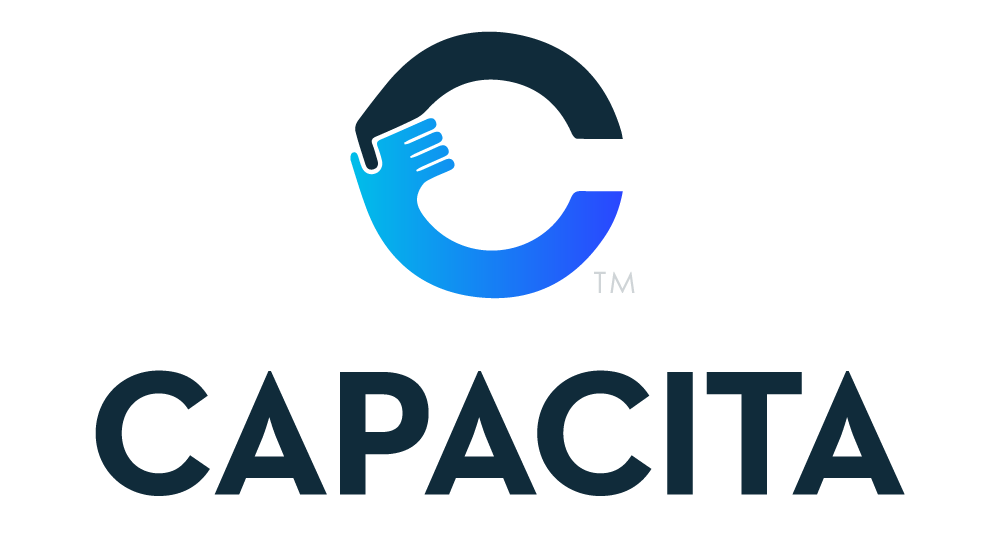An Introduction to Grants for Nonprofits
What are grants and are they right for my nonprofit organization?
Grants are an opportunity for nonprofits to obtain the funding they need to reach their goals and measurably impact the target sector they serve. Grants are “non-repayable funds or products disbursed or given by one party (grantmakers), often a government department, corporation, foundation or trust, to a recipient, often (but not always) a nonprofit entity, educational institution, business or an individual.” [1]
As part of a diverse portfolio of funding, grants can be a great multi-year source of funds, and can serve as a solid foundation for any other fundraising the organization does. We have found that it’s safer to count on funding from grantmakers once a relationship has been established with them. Grants can often be larger funding amounts than organizations would raise from individual donors (though of course this isn't always true).
Grants are also a high-effort undertaking with a lot of formality inherent to the process. The things that grantmakers require from grantees can be a heavy lift. Usually grants require lots of documentation and forward planning, and they have compliance requirements after the funds are given. In addition, once the nonprofit receives the funds, the funding can be "locked in" to a certain program, and it can hard to change course and stay flexible if the situation or context changes.
How do I get more grant funding for my organization?
We find that organizations that have most or all of the following in place have the most success in pursuing grant funding:
A strategic plan that clearly identifies the organization’s mission and describes its path forward
Clear funding needs 6-12 months in the future
A formal Board of Directors
Organized documentation of:
990 tax forms
501c3 IRS Determination Letters
Organizational annual operating and project and/or program budgets
Financial reviews
A team member that can dedicate time to research, outreach, application drafting, and outcome tracking
These can be different people, but all of these roles are necessary to execute the grant-seeking process with excellence
Alternative sources of funding besides the grant opportunity
Information on and data tracking around the following items:
Program goals and outcomes
Community need
Participant attendance and demographic information
What do grantmakers look for when awarding grants?
Before beginning on the journey of searching for grant funds, there are a few things that make an organization not only attractive to grantmakers (and many other types of donors as well!) and eligible for opportunities, but also ready to receive and utilize grant funding in the most effective way. Grantmakers are looking to award opportunities to an organization that has a clear and organized plan for the funding as well as demonstrated resources to execute and implement the project.
Many funders also do not want to be the only source of income for a funding need. They want to ensure that the program, project, or even the organization’s general operations will be able to be sustainable after the one time award of a grant. Most importantly, grantmakers are looking for organizations where their contribution will have the most effective impact on the issue areas that they prioritize. The more aligned your organization is with a funder's priorities, the more likely that they will consider you as a grantee or grant recipient.
I'm ready to start applying to grants....where do I begin?
At Capacita, we break down the grants process into clear phases to ensure best results. Here are the components:
Funding Needs
Funding needs are any specific project, program, equipment, construction, etc. that the organization is looking to fund through the supplemental income of a grant. Identifying funding needs is an important exercise to ensure that the next step, research, is focused on the funding needs that are most important to the organization and on those that grantmakers are most likely to fund. Funding needs can change and can be reprioritized, but should always align with the strategic plan of the organization.
Research
Once the funding needs have been identified, the next step in the grant seeking process is grantmaker research and vetting, with the goal of finding good-fit funders and prioritizing spending time on the grant opportunities where there is the most potential for success. The best approach is to be proactive and prospect potential funders that are a good fit for the organization's work. Nonprofits should not take a ‘reactive approach’ where they are finding funders and then creating a funding need. This practice is sometimes called “chasing the dollar” and leads to mission drift and long term-ineffectiveness. The grants process is also lengthy, requiring time and relationship-building with funders to yield results and therefore is not the right funding source when looking to meet immediate needs.
Outreach
After completing the research on potential funders, the next step should always be grantmaker outreach. When creating a base for consistent funding year over year through grants, spending time working to build a relationship with funders is very important. A key issue to remember is that grantmakers do not have to be objective. Although most grantmakers are very diligent in reviewing applications, organizations’ qualifications, and choosing the best fits for their priorities, they are still more likely to be open to hearing from organizations and people they know. Dedicated outreach also allows you to ask questions of the grantmaker to better understand their priorities and ensure your applications are strongly positioned.
Applications
Using the research and grantmaker prioritization you've already done, and adjusting plans based on insights gained from outreach, we suggest organizations lay out a calendar for the year (or any other time period that works for the organization) that aligns with grant deadlines. Every grant application is different, and yet at the same time there are a lot of similarities that make drafting applications easier and easier each time. Grants are usually composed of narrative questions, quantitative questions (such as demographics of your participants or community), and attachments (uploads of the organizational documents such as the ones listed earlier in this article). Having these key items in a good place to use off-the-shelf can help when it comes time to turn around an application, especially if you're dealing with lots of competing priorities.
Award Compliance
Once a grant is awarded, grantmakers will request reports on the impact of their funding dollars. These may be programmatic or financial reports and most often include some of both. Grantmakers will also not allow an organization to apply for more funding until they are up to date with their reports. On time and adequate reporting also builds trust with the grantmaker, and it's worth remembering that most funders are genuinely interested in your organization and excited to hear about your progress and impact.
My team needs a boost in expertise and capacity, can grants be outsourced?
Yes! Grants are a great place where you can supplement your team's efforts with outside consultants. Our grants team can lend grant research and writing expertise, provide project managers to keep things organized and track the details, and can also help you pull together the documents you need to win more grants. Working with our grants team allows you to spend less time researching and writing grants and more time focusing on delivering your organization's services!
As a company with strong project management principles, our team is here to walk you through proven methodologies for seeking and securing grants. We offer a range of services from full-service outsourcing to intermittent grant coaching, and everything in between. We will work with you to create a customized engagement that meets you where you are, and supercharges your ability to make grants an enduring and effective part of your funding portfolio.
At Capacita, we are passionate about the impact you are having on your community and understand that there are often not enough hands to get everything done! That's where come in, as an extension of your team that is invested in your success. Get in touch with us today for a free consultation and we'll tell you all about how we can help.
Endnotes:



